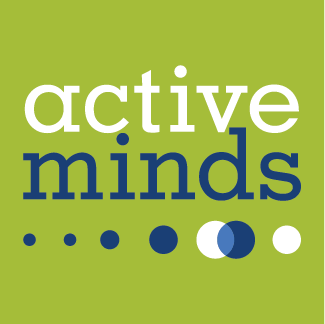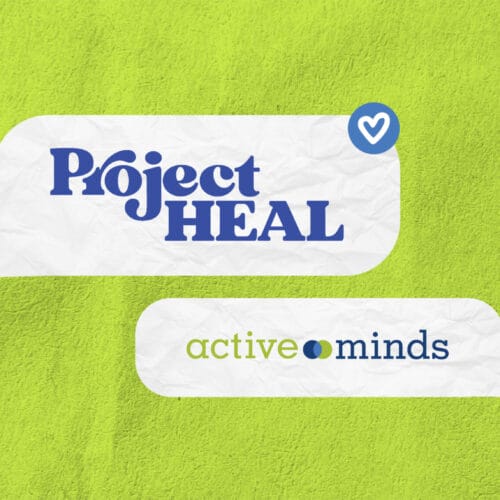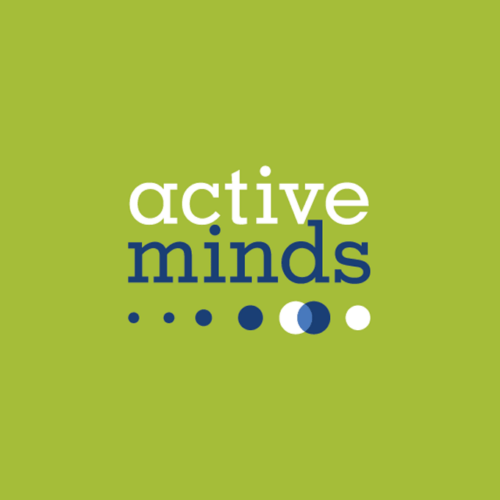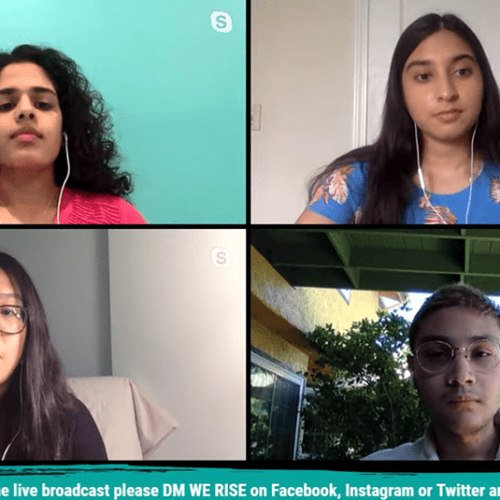To undergo the painful process of self-reflection regarding an eating disorder, and then follow that up with the gut-wrenching vulnerability of asking for help, is a process that should only be met with a simple answer: let’s get you the help you need.
However, the unfortunate reality is that, for many people, this terrifying request only brings more questions.
- Where might we have to go to access care?
- How will we afford it?
- Will insurance offer any financial support?
- Will there be openings with any providers?
Once these questions are posed, the process of finding suitable care becomes somewhat of a long-winded word problem:
Say there are 100 providers of treatment in your state. Only half of these providers take your insurance. Out of those, 30 have a 6-month wait list, leaving only 20 with immediate openings. 15 of these remaining providers are outside of a 2-hour radius of your home. Given all of that information, how many providers do you have to choose between?
Even once those calculations are complete, and it feels as though the hard part must surely be over, the search is not yet done. Whether you came out of the previous calculations with 2, 5, or even 10 potential providers, finding one that is perfectly suited to your needs is still a challenge.
During my search for the right provider, I found several providers who only offered treatments that I wasn’t interested in, a few whose out-of-pocket cost was still too expensive, one who looked far too similar to my grandmother for me to properly open up to, and even one who simply played Monopoly with me for several trial sessions. So, it’s safe to say that not all of the providers that are deemed ‘an option’ happen to fit every person’s individual needs.
All in all, this can be a fairly long and frustrating process, especially when contending with financial or locational difficulties. While the experience varies from person to person, for my part, I was stuck in this search for years. I struggled to find a provider who had a clear view of what I personally needed, and who also fit my criteria with insurance, expense, and location.
After many attempts and months of this search, I began to feel fairly frustrated. The insurance company was getting pretty fed up with me and my family, as we practically had them on speed dial during this period. I’d filled out so many intake forms that I had them all essentially memorized. The amount of money we had spent was disproportionately high for no foreseeable results. I was still so young, so tired of the same repeating cycle, and beginning to feel hopeless about the whole process.
I began to doubt whether care was even an option for me. It was too painful to get my hopes up that I would find help, just to continually have them dashed. So, I welcomed the thought that perhaps healing wasn’t meant for me. Maybe healing was something that was saved for those who were lucky, those who were “healable”, and I simply was… not. To be 13 and already convinced of one’s irreparability is a sad, sad thing.
At this time, I was convinced that our efforts at finding care, however valiant, would ultimately peter out and cease. But I got to learn something truly beautiful: I was wrong.
I walked into a provider’s office, expecting it to end with me and my family back at the drawing board that evening, trying to figure out where we could feasibly drive to and afford to try next. But, for the first time, I was surprised. The provider I met was quirky, authentic, and more than stubborn enough to challenge my now deep-seated belief that I couldn’t be helped. She was exactly what I needed.
She threw me headfirst into her treatment approach called Dialectical Behavioral Therapy (DBT), which, as much as I sulked about having to study, I secretly loved. She gave me every tool I needed to begin healing myself and, more often than not, a loving shove in the right direction. I am eternally grateful to her.
Fighting to find the help you need isn’t easy. It’s cruel and it’s heartbreaking to be in true need of help and yet still face such rudimentary barriers as where you live or how long a waiting list is. And, although those things remain true, the right people are still out there. Every moment that you are fighting to find them, to find their support and the treatment they can offer, they are fighting to find you. Providers, treatment centers, and support foundations alike are working day in and day out to ensure that the appropriate care is accessible to all.
So to everyone struggling with an eating disorder who feels stuck and in need: take a deep breath, hold tight, and try not to give up hope. The help you need is coming. Try not to close your eyes to the search, for even when you can’t see it yet, the right help is fighting to find its way to you too.
How to Get Support for an Eating Disorder
Do you find yourself thinking I might have an eating disorder, but I’m not sure where to start?
Do you find yourself thinking throughout my healing process I am struggling at meal times?
Do you find yourself thinking My insurance should cover my treatment, but I can’t figure it out?
About the Organizations
Active Minds is the nation’s leading nonprofit organization promoting mental health awareness and education for young adults. Active Minds is dedicated to saving lives and to building stronger families and communities. Through education, research, advocacy, and a focus on youth and young adults ages 14–25, Active Minds is opening up the conversation about mental health and creating lasting change in the way mental health is talked about, cared for, and valued in the United States. Find out more at activeminds.org.
Project HEAL is a direct-service non-profit, creating more equitable access to healing Americans’ relationships with food and their bodies. Project HEAL creates more equitable access to eating disorder healing through its six programs, including free treatment placements, free insurance navigation support, free clinical assessments, cash assistance grants, free meal support sessions, and free community care cohorts. Find out more at www.theprojectheal.org.







